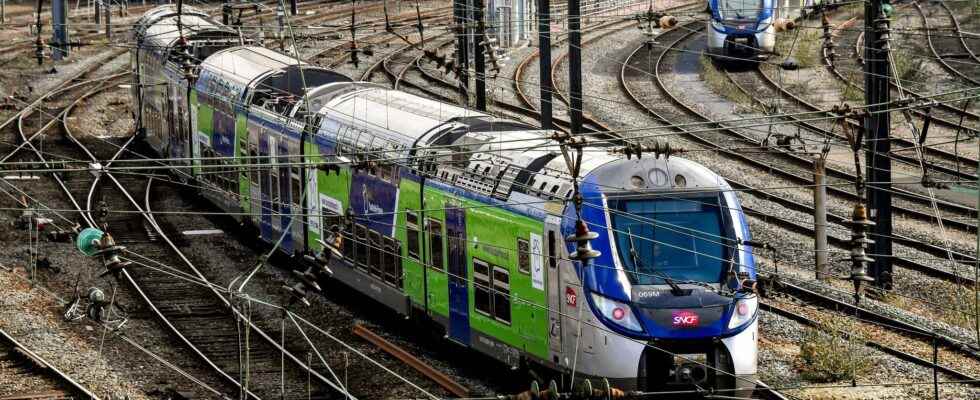What if the disappearance of special diets set fire to the powder? While the pension reform bill arrives on the desks of senators, the Republicans, in the position of kingmakers, set their conditions. Bruno Retailleau, the leader of LR at the Palais du Luxembourg announced the color in an interview with the Parisian last Sunday: “We want to accelerate the convergence of the special regimes on the general regime from 2025, while the government has not included in the text any date for this alignment”.
Are concerned by the disappearance of these famous special regimes, the employees of the RATP, those of the electricity and gas industries (including EDF), the employees of the Bank of France or the employees and clerks of notaries. All were to benefit in exchange for the disappearance of their system from what is called “the grandfather clause”. Clearly, only new hires will switch to the general scheme after the enactment of the law. The others, regardless of their age or seniority, will continue to benefit from their in-house system, from the specific calculation of rights and from the earlier retirement age. A gentle tilt, therefore. “We would like convergence to be faster here too and that we would not wait forty-three years to abolish these regimes,” said Bruno Retailleau.
For the government, it’s a bit like the story of the sprinkler-watered. He who justifies his reform for concerns of equity and financial balance finds himself a bit stuck. “It’s reform or bankruptcy” had launched the Minister of Public Accounts, Gabriel Attal to the National Assembly at the start of the examination of the draft law on pensions.
And that’s the problem: the precious savings will only appear after 70 or 80 years when the last retirees of these famous schemes will have disappeared… And even these savings will be quite thin: a report from the Court of Auditors on the subject specifies that “in the long term, once the last beneficiary of these special regimes has died, the gains for public finances will be around 830 million euros per year”. Always good to take, but not decisive. Worse, in the short term, the cost of their disappearance could even increase for the State, since the contributions of new recruits will now fall into the fund of the general scheme, mechanically widening the deficits of the special schemes… which the State will have to bail out !
The LRs who play the serious budgetary political card are therefore putting pressure to blow up this famous rule. And the story turns into a puzzle for the executive. Because in 2019, during the previous social conflict over the universal points pension project, it was the promise to introduce a grandfather clause for special schemes that put an end to the renewable strike movement in transport public. A “gift” that the executive immediately agreed to in its new reform project. Above all, for the SNCF, the subject of the “grandfather clause” is no longer one since it was engraved in the mobility orientation law voted at the end of 2019 and which sets the framework for the opening to competition. Impossible for the employees of the RATP or EDF not to benefit from what the rail lords have obtained. One more trap in the explosive file of pensions.
